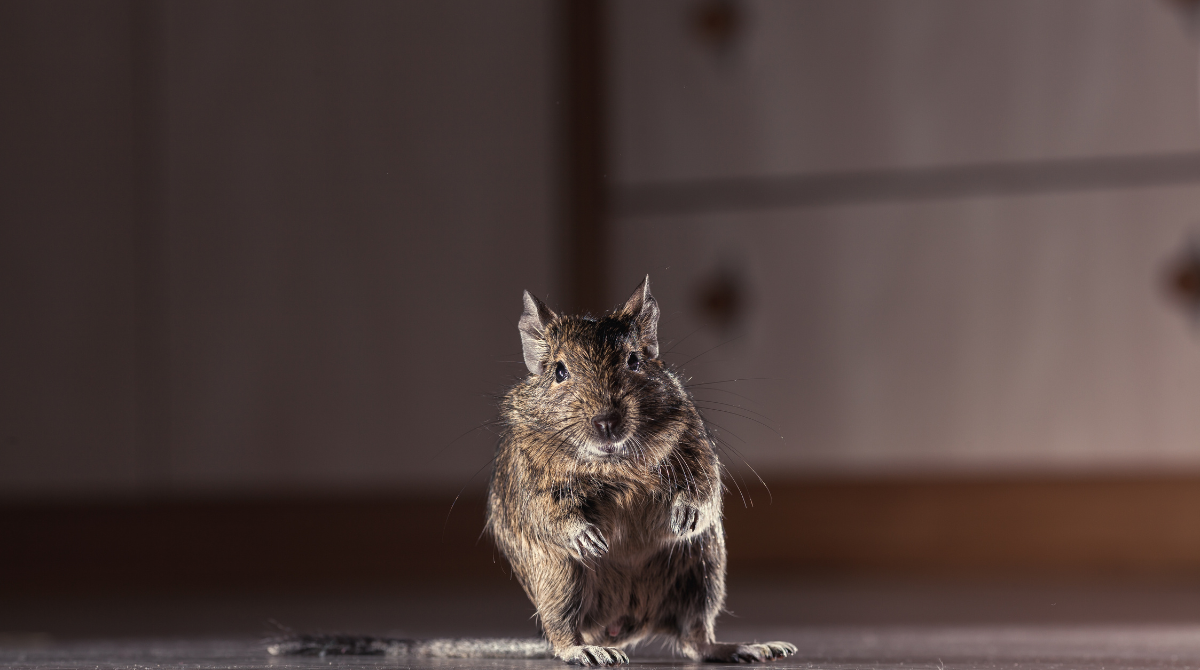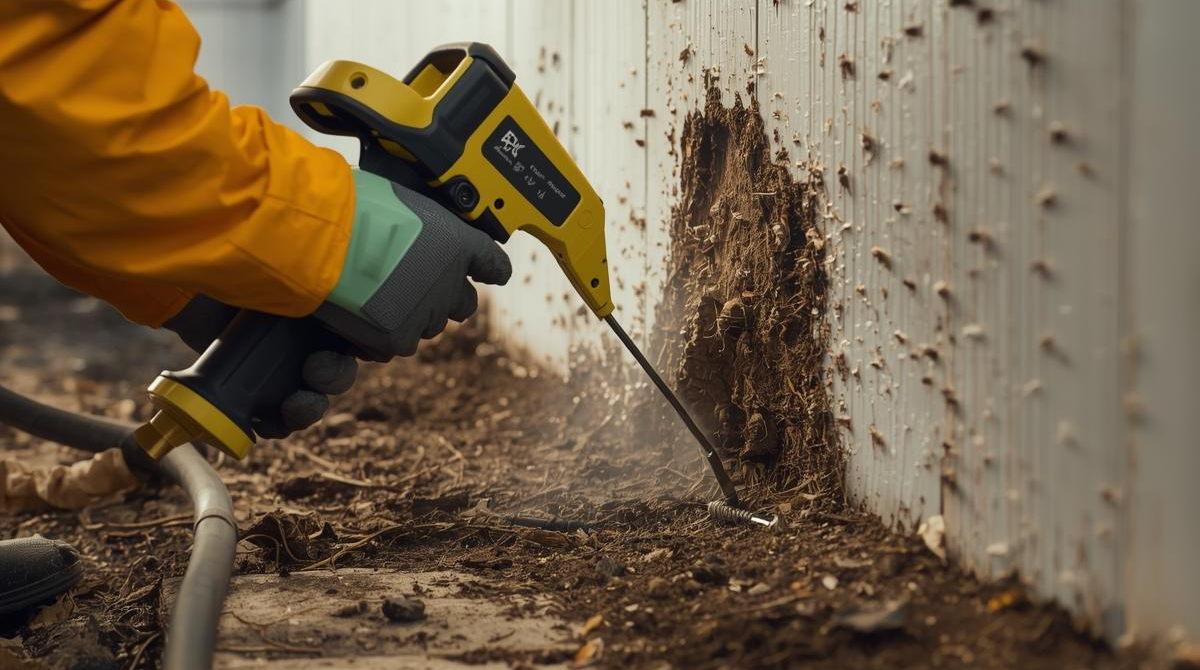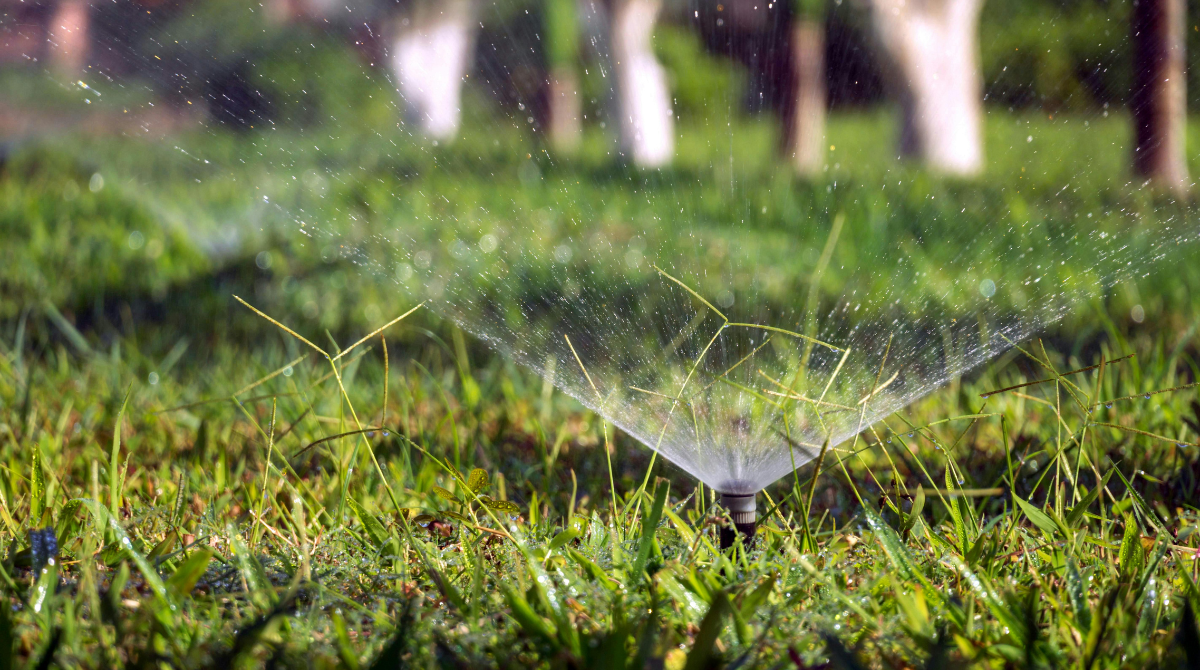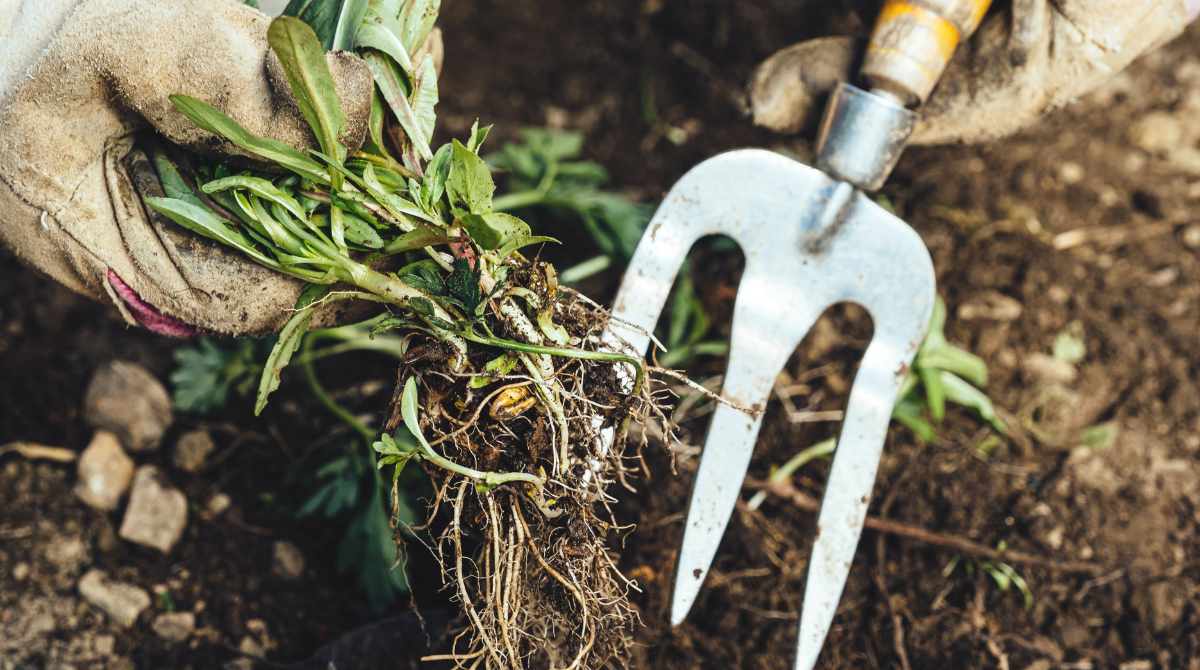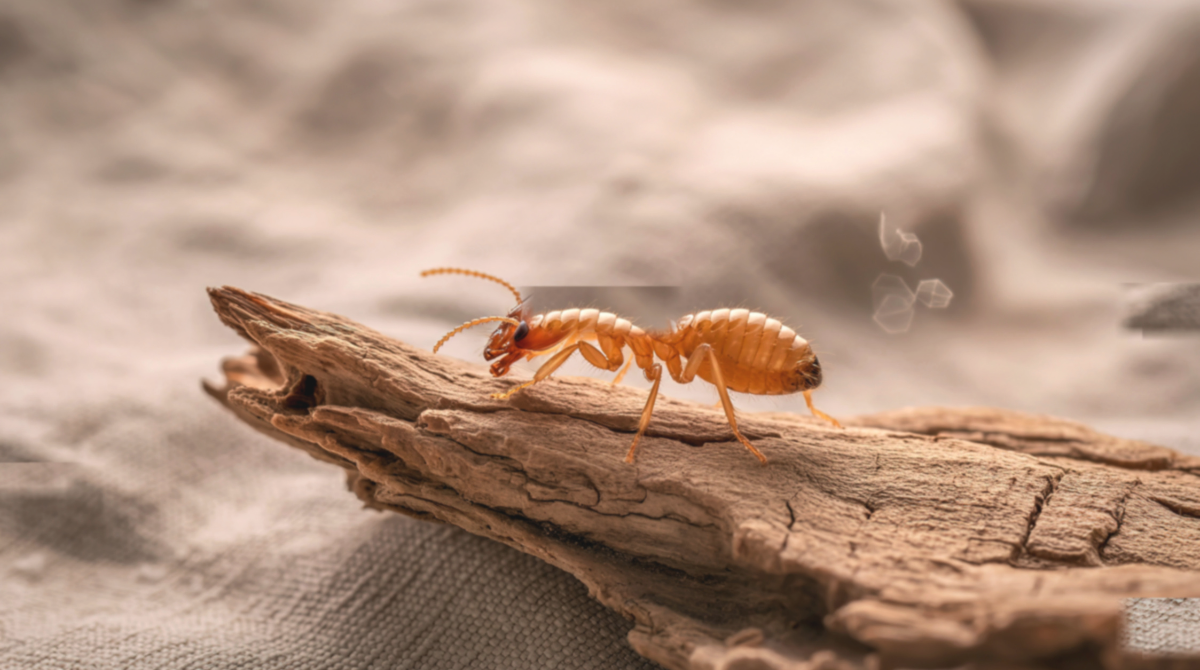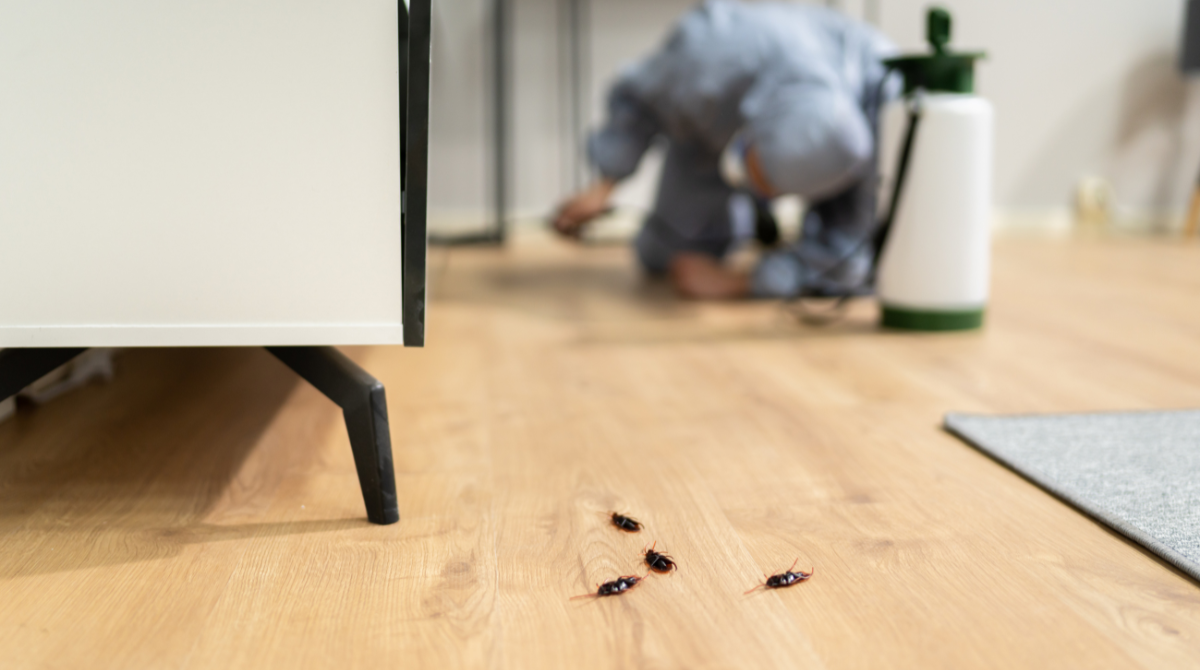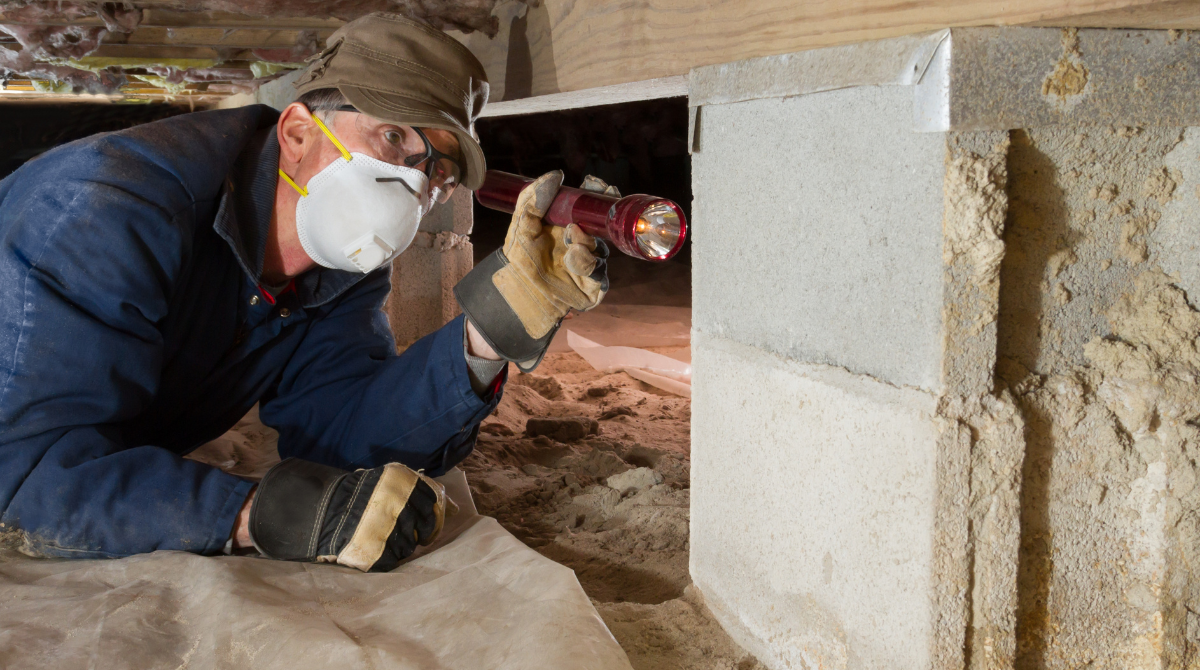How to Keep Ants Out of Your Kitchen This Fall
Fall is here, and that means cooler weather outside. But for some reason, it also seems to mean more tiny critters trying to get into our homes. Specifically, ants. You might wake up to see a line of them marching across your counter, or find them exploring near the sink. It's definitely not a pleasant sight, and nobody wants ants in their kitchen. So, let's talk about how to keep those little invaders out for good.
Key Takeaways
- Seal up any cracks or holes around doors, windows, and baseboards where ants might be getting in. Even tiny openings are enough for them.
- Keep your kitchen clean by wiping down counters, sweeping floors, and cleaning under appliances. Don't leave food crumbs or spills lying around.
- Properly store all food, including pet food, in airtight containers. Wipe down sticky bottles and jars too.
- Manage your trash by sealing cans tightly and taking the garbage out regularly. Clean outdoor bins too.
- Address any moisture issues, like leaks or standing water, as ants need water to survive.
Prevent Ants From Entering Your Kitchen
Fall is a prime time for ants to start thinking about moving indoors, and your kitchen is basically a five-star resort for them. They're looking for warmth and, more importantly, food. So, the first line of defense is to make it really hard for them to get in.
Seal Cracks and Gaps Around Entry Points
Ants are tiny, and they can squeeze through openings you wouldn't even think about. It's like they have a secret map to every little crack. You need to block these off. Think about where the outside meets the inside: around windows, doors, and where pipes or wires come into your house. Caulk is your best friend for sealing up those little gaps in walls or around window frames. For bigger holes, especially in drywall, a bit of joint compound can do the trick. If you have brick or stone walls, cement or mortar is the way to go. Don't forget to check for any rotting wood on the exterior of your home; ants love to nest in that stuff, and it gives them another way in.
Address Exterior Vulnerabilities
Before they even think about coming inside, check out what's happening around the outside of your house. Are there tree branches or shrubs touching your walls? Ants can use these like little bridges to get right up to your windows or siding. Trim them back so there's a good gap. Also, look at your gutters. If they're full of leaves and debris, they can hold moisture, which ants like, and they can also provide a pathway. Clearing them out is a good idea. And if you have any fallen fruit or yard waste near the house, clean that up too. It's all about removing anything that makes your home look like an easy stop for them.
Install Door Sweeps for Gaps
Sometimes, even if your doors look fine, there can be a gap underneath them. You can test this by looking for light coming in when the door is closed. If you see light, ants can definitely get through. Installing a door sweep, which is basically a strip that attaches to the bottom of your door, can seal up that space. It's a simple fix that makes a big difference in stopping ants from marching right in under your doors.
Eliminate Food Sources for Ants
Ants are always on the hunt for a meal, and your kitchen is often the prime spot for their foraging. If you want to keep them out, especially as the weather cools and they look for warmer places to nest, you've got to make your kitchen as unappealing as possible from a food perspective. It’s not just about hiding the sugar bowl; it’s about being thorough.
Store Food in Airtight Containers
This is probably the most basic step, but it’s super important. Don't just put that opened box of cereal back in the pantry. Ants can chew through cardboard and plastic bags pretty easily. Get yourself some good quality plastic or glass containers with lids that seal tight. This goes for flour, sugar, pasta, crackers – anything you’d normally keep in a pantry. It also helps keep your food fresh, so it’s a win-win.
Clean Condiment Bottles and Jars
Think about those sticky spots on the outside of your honey bottle, jam jar, or syrup container. Ants love that stuff. Even a tiny bit of residue can be a beacon for them. Make it a habit to wipe down the outside of these bottles and jars after each use. A quick wipe with a damp cloth or a paper towel will do the trick. It might seem like a small thing, but it makes a big difference.
Manage Pet Food Bowls
If you have pets, their food bowls can be a major attractant. Don't leave pet food sitting out all the time, especially overnight. Ants will find it. Try to feed your pets at specific times and then clean up any leftover food. Even better, wash the pet bowls regularly. If you have a dog or cat that grazes throughout the day, you can try placing the food bowl in a slightly larger, shallow dish filled with a little water. This creates a moat that ants can't cross to get to the food. Just make sure the water doesn't get gross.
Ants are incredibly persistent. They can detect food sources from a distance and will follow scent trails left by scout ants. Removing all potential food sources, even tiny crumbs or sticky residues, is key to disrupting their ability to navigate and find your kitchen.
Here’s a quick rundown of what to keep an eye on:
- Sugar and Sweeteners: Honey, syrup, sugar, jam, fruit preserves.
- Carbohydrates: Bread, cereal, crackers, pasta, rice, flour.
- Grease and Oils: Cooking oils, butter, leftover grease in pans.
- Pet Food: Dry kibble and wet food left in bowls.
- Sticky Residues: Spills on counters, floors, or appliance exteriors.
Maintain a Clean Kitchen Environment
A clean kitchen is your first line of defense against ants. They're not exactly picky eaters, and a single crumb can be a beacon. Keeping things tidy makes your kitchen less appealing and harder for them to navigate.
Wipe Down Counters and Surfaces
After every meal prep or cooking session, give your countertops and stovetop a good wipe-down. Don't forget the backsplash! Ants are attracted to sticky residues from spills, so even a little bit of jam or syrup left out can be an invitation. Use a general kitchen cleaner or a simple solution of water and a bit of dish soap. For a natural approach, a 50/50 mix of white vinegar and water works wonders. It not only cleans but also disrupts any scent trails ants might have left behind.
Sweep Floors and Clean Under Appliances
It's not just about what's visible. Ants can find crumbs that have fallen under cabinets or near appliances. Make sweeping or vacuuming the kitchen floor a daily habit, paying special attention to corners and edges. Once a week, try to move smaller appliances like the toaster or coffee maker to clean underneath them. For bigger appliances like the refrigerator or stove, try to pull them out periodically (maybe once a month) to get to those hidden dust bunnies and food particles.
Deep Clean Your Microwave and Toaster
These appliances can be little crumb magnets. Food splatters in the microwave can bake on and become a feast for ants. Wipe down the interior of your microwave after each use if possible, and do a more thorough cleaning weekly. For toasters, don't forget to empty the crumb tray regularly. A buildup of crumbs in there is a direct invitation for ants. If you have a toaster oven, clean its interior and tray too.
Manage Kitchen Waste Effectively
Managing your kitchen waste effectively is a big part of keeping ants out, especially as the weather cools down. Ants are always on the lookout for easy meals, and your trash can is basically a buffet if it's not handled right.
Seal Trash Cans Tightly
This is probably the most straightforward step. Your kitchen trash is full of leftover food bits, sticky residues, and crumbs that ants find irresistible. Make sure your indoor trash can has a lid, and keep it closed whenever it's not in use. Even better, use a trash bag liner and tie it off securely before tossing it into the main bin. This contains odors and makes it harder for ants to get to the good stuff inside. If you have a separate bin for food scraps, ensure that one is also sealed tightly.
Dispose of Trash Regularly
Don't let that trash sit around longer than it needs to. Depending on how much waste your household generates, aim to take the kitchen trash out every one to three days. This is especially important if you've had food scraps that might attract ants, like fruit peels or sugary residues. Getting the trash outside and away from the house removes the temptation for ants altogether. It’s a simple habit that makes a big difference in preventing an ant problem before it starts. You can find helpful cleaning supplies at The Home Depot.
Clean Outdoor Receptacles
It's not just your indoor trash that can be an ant magnet. Those outdoor bins, where your kitchen trash ends up, can also become a haven for ants. Try to keep your outdoor trash cans at least 10 feet away from your house. Giving them a good scrub every few weeks, maybe with a strong ammonia solution (which ants really dislike), can help keep them clean and less appealing to pests. Also, make sure your gutters are clear of debris; clogged gutters can hold water, which ants need, and they can also become a cozy spot for ants to hang out.
Ants are opportunistic. They're always searching for food, water, and shelter. By making your trash an unappealing and inaccessible source, you're removing a major draw for them. It’s about being proactive and removing their easy wins.
Address Moisture and Water Sources
Ants are always on the hunt for water, especially when the weather starts to cool down. If your kitchen has any damp spots, it's like rolling out the welcome mat for them. They can get water from leaky pipes, condensation, or even just a wet sponge left out. Addressing these moisture issues is a big step in keeping ants out.
Eliminate Standing Water
Ants need water to survive, just like we do. So, any place where water tends to collect is a potential ant hangout. This could be under your sink, around appliance drip pans, or even in a pet's water bowl that's constantly refilled. Make it a habit to wipe up spills immediately and don't let water sit around. It's a simple change that makes a big difference.
Dry Sinks and Tubs Daily
After you're done using the sink or tub, give it a quick wipe down. Leaving them wet overnight can provide ants with a water source. Covering the drain with a stopper also helps prevent ants from accessing any residual water. It might seem like a small thing, but ants are resourceful and will use every opportunity they can find.
Check for and Repair Leaks
This is a big one. Leaky pipes under the sink or condensation issues around appliances can create hidden damp areas that ants love. If you notice any unusual wet spots, it's worth investigating. Sometimes it's a simple fix, like tightening a connection, but other times you might need to call in a professional to handle plumbing repairs. Ignoring these leaks can lead to bigger problems, not just with ants, but with potential water damage to your home.
Utilize Natural Ant Repellents
Sometimes, you just want to avoid the harsh chemicals, and that's totally understandable. Luckily, there are some pretty effective natural ways to keep those tiny invaders out of your kitchen. It's all about using what you've got around the house to make your space less appealing to ants.
Wipe Down Counters and Surfaces
This is a big one. Ants leave behind scent trails, called pheromone trails, that other ants follow. Vinegar is fantastic for disrupting these trails. Mix equal parts white vinegar and water in a spray bottle. Give your counters, tables, and any surfaces where you've seen ants a good wipe-down with this solution. It not only kills ants on contact but also erases those invisible highways they use to find their way around. You can either wipe it up after a few minutes or let it dry; the acetic acid is the key player here.
Use Peppermint Oil or Cinnamon
Ants really don't like strong smells, and peppermint oil is a classic for a reason. You can put a few drops of peppermint essential oil on cotton balls and place them in areas where you see ants, like near windowsills or entry points. Another option is cinnamon. You can sprinkle ground cinnamon or even use cinnamon sticks. Ants tend to avoid areas that smell strongly of cinnamon. It’s a simple, pleasant-smelling deterrent that can make your kitchen less inviting for them.
Apply Repellents to Entry Points
Think of this as creating a natural barrier. Besides vinegar and peppermint oil, you can also use food-grade diatomaceous earth (DE). This stuff is a powder made from fossilized aquatic organisms. It's not poisonous, but its microscopic sharp edges scratch the ants' exoskeletons, causing them to dehydrate and die. You can sprinkle a thin layer of DE along baseboards, window frames, and any other cracks or openings where ants might be getting in. Just be careful not to inhale the powder yourself and keep it away from food prep areas. It’s a bit more hands-on, but it can be really effective for blocking their access.
Manage Outdoor Attractants
Fall means ants are looking for new places to shelter and food sources before winter hits. Your yard can be a big draw for them. Keeping your outdoor areas tidy is a major step in preventing ants from marching into your kitchen.
Trim Overhanging Tree Branches
Think of tree branches as ant highways. If they're touching your house, ants can use them to get right to your doorstep, or even inside. Make sure to trim back any branches that are close to your roofline or walls. This removes a direct route for ants to access your home.
Clear Debris from Gutters
Clogged gutters can hold water, and ants need water just like we do. Plus, leaf litter and other gunk in gutters can be a cozy spot for ants to hang out. Regularly cleaning out your gutters gets rid of these attractants and prevents water buildup.
Remove Fallen Fruit and Yard Waste
Fallen fruit, piles of leaves, or even grass clippings can be a feast for ants. They're drawn to the sugars in fruit and the general organic matter. Cleaning these up promptly removes a major food source and potential nesting material from your yard, making it less appealing to ant colonies.
Understand Ant Behavior and Triggers
Understanding why ants decide your kitchen is the place to be is half the battle. Ants are basically tiny explorers always on the lookout for food, water, and a safe place to hang out. They're not just randomly wandering; they're following scent trails, often laid down by scout ants, to guide the rest of the colony to a good find. This is why you might see a single ant, and then suddenly, a whole line of them appears. They're super social creatures, and if one finds something good, the whole crew needs to know.
Identify Common Kitchen Ant Species
Different ants have different tastes. Some go crazy for sweets, while others prefer fats and oils. Knowing which type you're dealing with can help you pick the right bait. For instance, odorous house ants love sweets, but pavement ants might go for greasy crumbs. Carpenter ants, on the other hand, are more interested in wood, but they'll still raid your kitchen for food and water.
Recognize Seasonal Ant Activity
Ants really ramp up their activity in the fall. As the weather cools down, they start looking for warmer spots, and your kitchen is a prime target. They're trying to stock up before winter hits. Heavy rains or droughts outside can also push them indoors, seeking more stable conditions. So, if you see more ants than usual when the leaves start changing, it's not your imagination – it's just their seasonal migration.
Understand Pheromone Trails
Ants communicate using chemicals called pheromones. When a scout ant finds food, it leaves a pheromone trail back to the nest. Other ants follow this invisible highway. This is why you see those distinct lines of ants. Wiping these trails with a vinegar solution or certain essential oils can disrupt their communication and make it harder for them to find their way back to your pantry.
Address Persistent Ant Problems
Even with all your best efforts, sometimes ants just seem determined to make your kitchen their home. If you're still seeing them, it might be time to get a bit more serious about finding and dealing with the source. Remember, those little guys are usually following a scent trail back to a nest, and just killing the ones you see won't solve the problem long-term.
Locate and Destroy Ant Nests
Finding the actual nest is the most effective way to stop an infestation. Ants often build nests in hidden, moist areas. Look for them in wall voids, under floorboards, behind appliances, or even in potted plants. Sometimes, you might see a small pile of soil or sawdust, which can indicate a nest nearby. If you find a nest, you can try to destroy it directly. For nests inside, a strong insecticidal dust or spray specifically designed for ant nests can be effective. Always follow product instructions carefully. For outdoor nests, a good drenching with an appropriate insecticide or even boiling water can work, but be cautious with boiling water around plants.
Consider Professional Pest Control
If you've tried everything and the ants keep coming back, it's probably time to call in the pros. Professionals have access to stronger treatments and know-how to locate and eliminate the main colony, which is often the key to a lasting solution. They can also identify the specific ant species you're dealing with, which helps in choosing the most effective treatment. Getting professional help can save you a lot of time and frustration in the long run, especially if you're dealing with a persistent issue. You can find local pest control services by searching online for ant control services near me.
Prevent Colony Re-infestation
Once you've managed to get rid of the ants, the work isn't quite done. You need to make sure they don't decide to move back in. This means continuing with all the preventative measures we've discussed: sealing up any cracks or holes they might use to get in, keeping your kitchen spotless, and managing outdoor attractants. Think of it like this: you've cleaned up the party, now you need to make sure no one else can sneak in through the back door. Regular maintenance is your best defense against future ant invasions.
Tired of ants marching through your home? Don't let these tiny invaders ruin your peace. We offer effective solutions to get rid of ants and keep them from coming back. Learn more about our ant control services on our website and take the first step towards an ant-free home.
Keep Those Tiny Intruders Out for Good
So, we've gone over a bunch of ways to tackle those ants this fall. It really comes down to a few main things: keeping your kitchen super clean, sealing up any little holes they might use to get in, and making sure there's no easy food or water for them. It might seem like a lot at first, but once you get into a routine, it’s not too bad. Think of it as giving your kitchen a little extra TLC. By staying on top of these steps, you can enjoy a pest-free kitchen all season long. And hey, if things get really out of hand, don't be afraid to call in the pros.
Frequently Asked Questions
Why do ants suddenly appear in my kitchen?
Ants usually enter kitchens looking for food and water. They can get in through tiny cracks around windows, doors, or even the floor. If you see one ant, it's likely a scout for a whole colony nearby. These scouts leave a scent trail, called a pheromone trail, that other ants follow. To truly get rid of them, you need to find and eliminate the main colony, especially the queen, or they'll just keep coming back.
What attracts ants to my kitchen?
Ants are attracted to food crumbs, sugary spills, and water sources. Even small messes like a sticky spot on the counter or a few drops of water in the sink can draw them in. They also like damp areas, so leaky pipes or condensation can be an invitation. Keeping your kitchen clean and dry is key to keeping them away.
Are ants in my kitchen dangerous?
Yes, ants can be a health concern. While most kitchen ants aren't dangerous, they can spread bacteria from their bodies to your food. Some types, like carpenter ants, can even damage your home by nesting in wood.
How do I stop ants from coming back after I get rid of them?
To stop ants from returning, you need to seal up any tiny cracks or holes where they might be getting in. Use caulk around windows and doors, or fix any damaged wood. Also, make sure to keep up with cleaning and food storage habits to remove their attractants.
What's the first step to get rid of ants in my kitchen?
It's best to tackle ants by first finding out how they're getting into your kitchen. Watch where the ants are going to find their entry points and, if possible, their nest. Once you know where they're coming from, you can focus your cleaning and sealing efforts there. Sometimes, a professional pest control service can help locate stubborn nests.
Are there natural ways to repel ants?
You can use simple household items like a mixture of equal parts water and white vinegar to wipe down surfaces. This not only cleans but also disrupts the ants' scent trails. Peppermint oil or cinnamon sprinkled near entry points can also help deter them.
Does the season affect when ants appear in my kitchen?
Yes, ants are more active during warmer months. When it gets very hot and dry, or if their outdoor nests get flooded by rain, they might seek shelter and food inside your home. This often happens in the spring and summer, and you might see more of them after a heavy rainstorm.
What should I do about my trash cans and outdoor plants to keep ants away?
Keeping trash cans tightly sealed and taking the trash out regularly is important. Also, clean your outdoor trash bins every few weeks. Trim back any tree branches or shrubs that touch your house, as these can act like bridges for ants to get inside.


